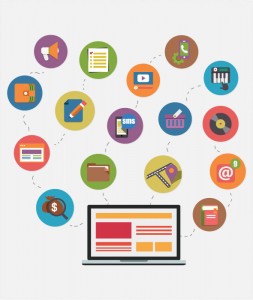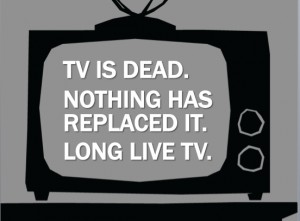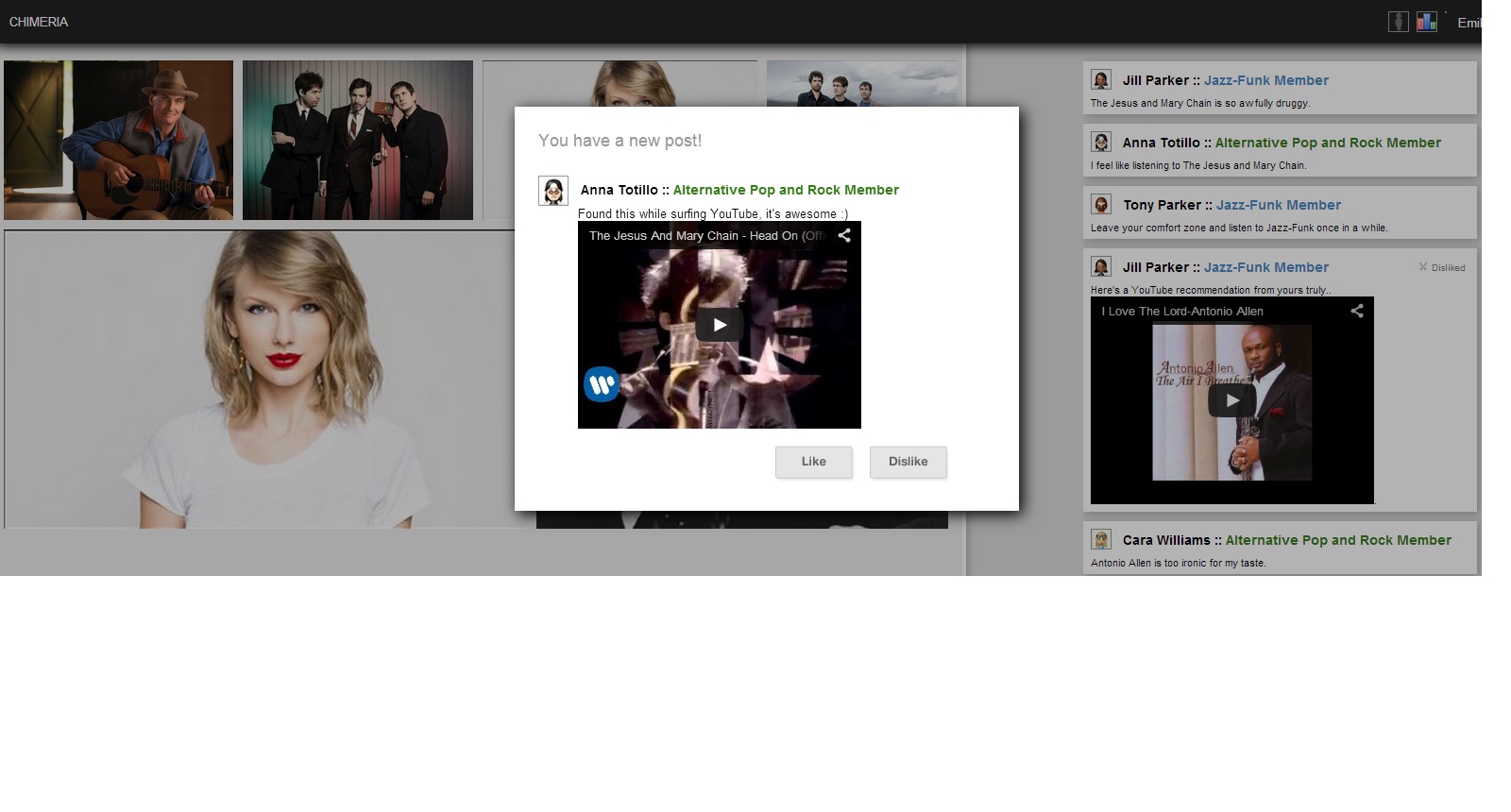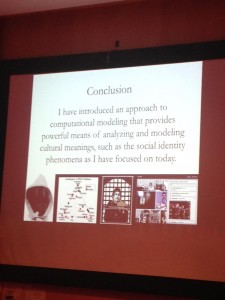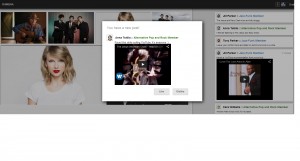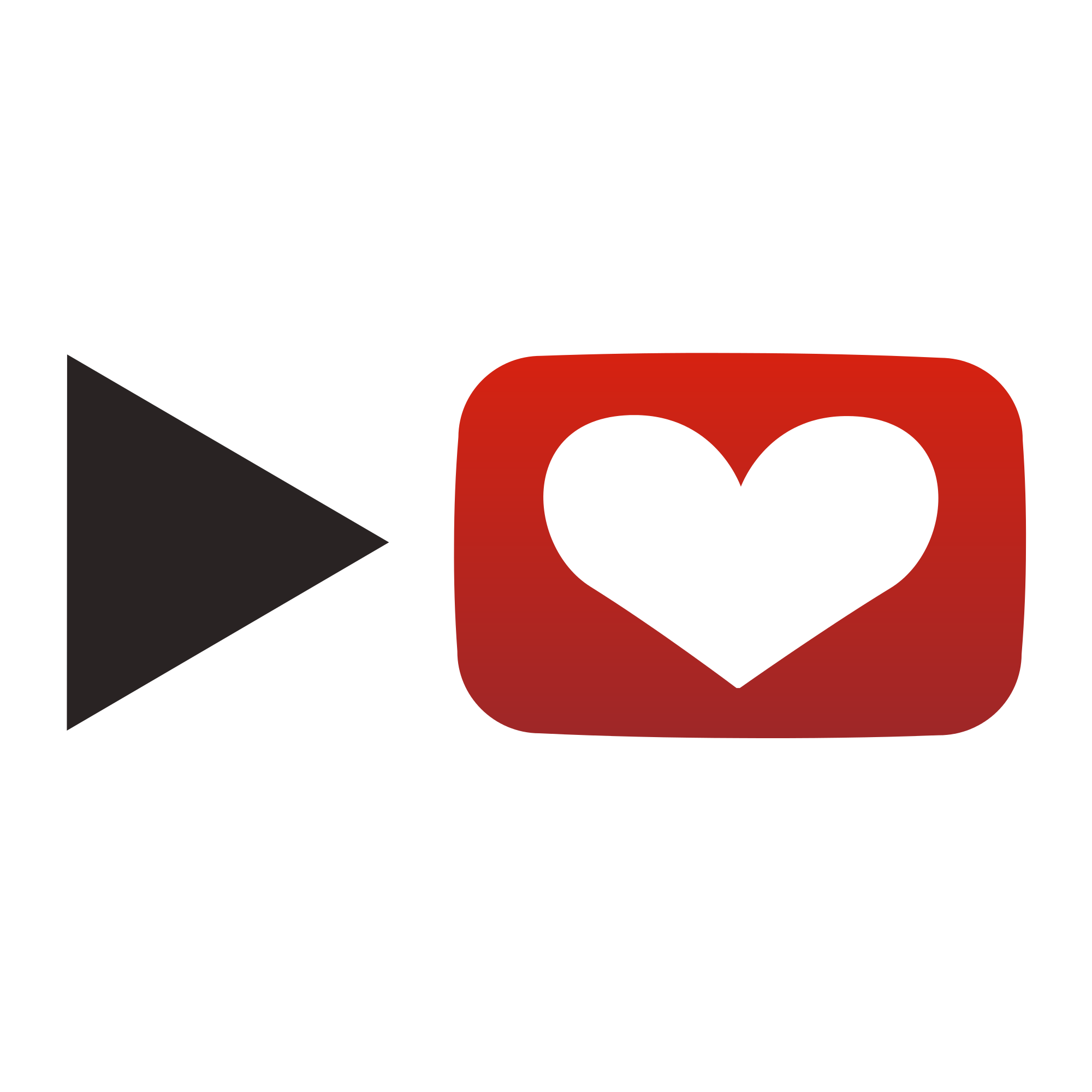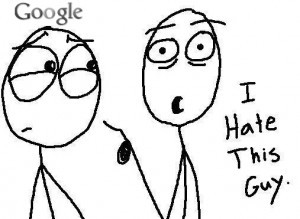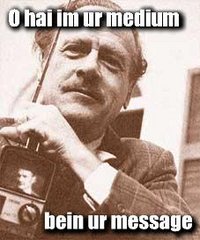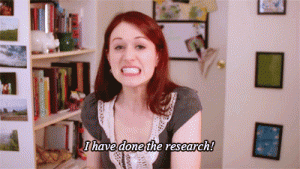As an aspiring digital historian, I always find it weird to be living in two worlds at once. My work and play are intertwined; I find myself constantly bouncing between past and future, and I find it to be perplexing.
English 302 has helped me – I think – to further blur those lines, but also made me think about why the field of DH/New Media has become a priority for me. It’s always been clear to me why I’ve loved history, long before I declared my history major. But while digital culture and new media have been a presence in my life for as long as I can remember, it’s only been quite recently that I started to take it on in an academic fashion. This course helped me reevaluate my decision to actively investigate new media, rather than just be a part of it.
So in short, this class has taught me about how I use the Internet – and consequently, how the Internet uses me.
- It placed things like memes – which are a key component of Internet humor – in context with philosophy of simulacra and replication. The constant presence and cyclical nature of the meme is not necessarily a new concept, but one that is highlighted in the quick-sharing, visual nature of the Internet.
- Our discussions of Google and Amazon probably should have frightened me off of these platforms, and they momentarily made me question why I have used them so blindly. In my notes for our Google discussion, I have written in my notes that “Google is My Portal to the Internet.” I’ve developed a form of brand loyalty with both of these platforms, and it “seems” like they have it in return due to the “emphasis of you” strategy. Should I be worried? Should I be concerned?
- And our discussion of YouTube – especially since it has been Team Tubular’s task to tackle for the semester – has really got me thinking about the way we broadcast ourselves. Our self presence on the Internet has long been a concern for parents of Millenials, as it’s been unclear how it will affect the way the world sees us. But the formations of community, self-understanding, and issues of representation are all seriously interesting things to consider.
Overall, I think I have developed a better understanding of the “back-end” of the platforms and systems and Internet culture that I use everyday. In talking about the theory and practice of new media, I felt that we kept circling back to one term – DIY Culture. It seems that we as users in the digital age crave the democracy and power given to us in a DIY culture. And when big business tries to take it away from us in any way, shape, or form, we try to fight back. We are creating and destroying, theorizing and analyzing, and so much more.
The fact of the matter is that the DIY nature of the digital age requires us to be active and interactive participants in the world of new media. And even more so, I think the DIY nature requires us to actively review and investigate this new turf on our own terms – as users and as academics. New media is like The Matrix, as we referenced so many times earlier in the semester. But we can’t escape it in our analysis or our critique, because it’s so much a part of who we are.
And so I think that’s why I’ve been so excited in investigating the study of new media so intensely over the past year, and certainly more so in taking this course – I have to be. It’s my duty as an Internet user and as a participant in new media. If DIY is our rallying cause, then I guess have I to take up this academic analysis of new media myself.
Note: the featured image was taken from here.

